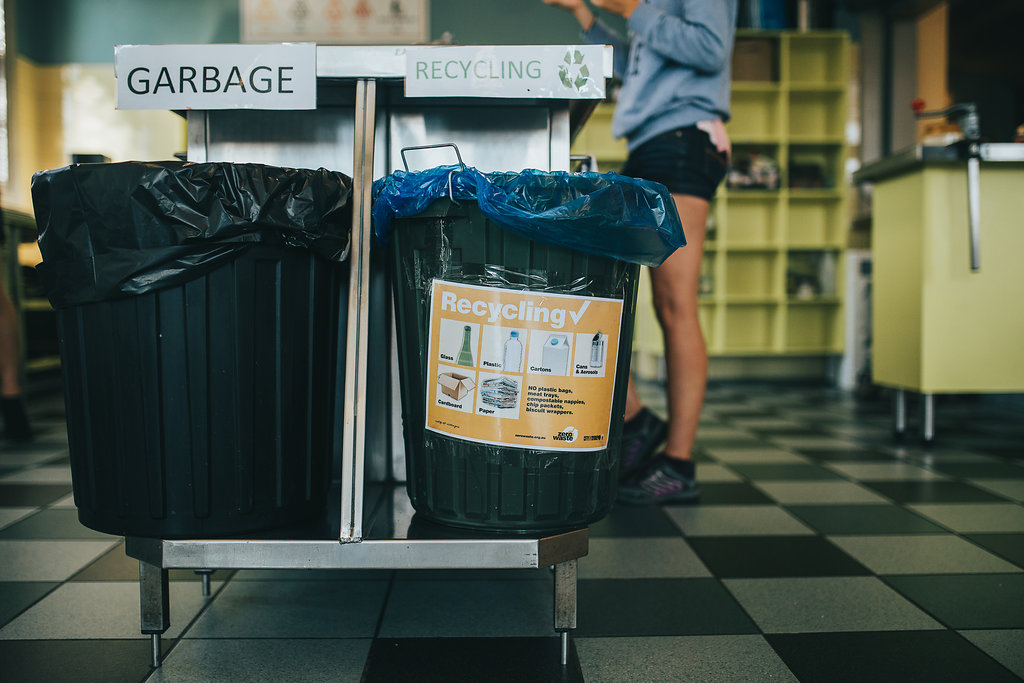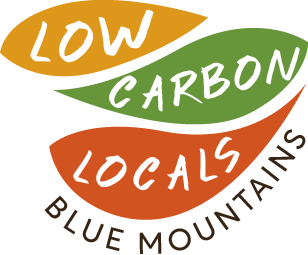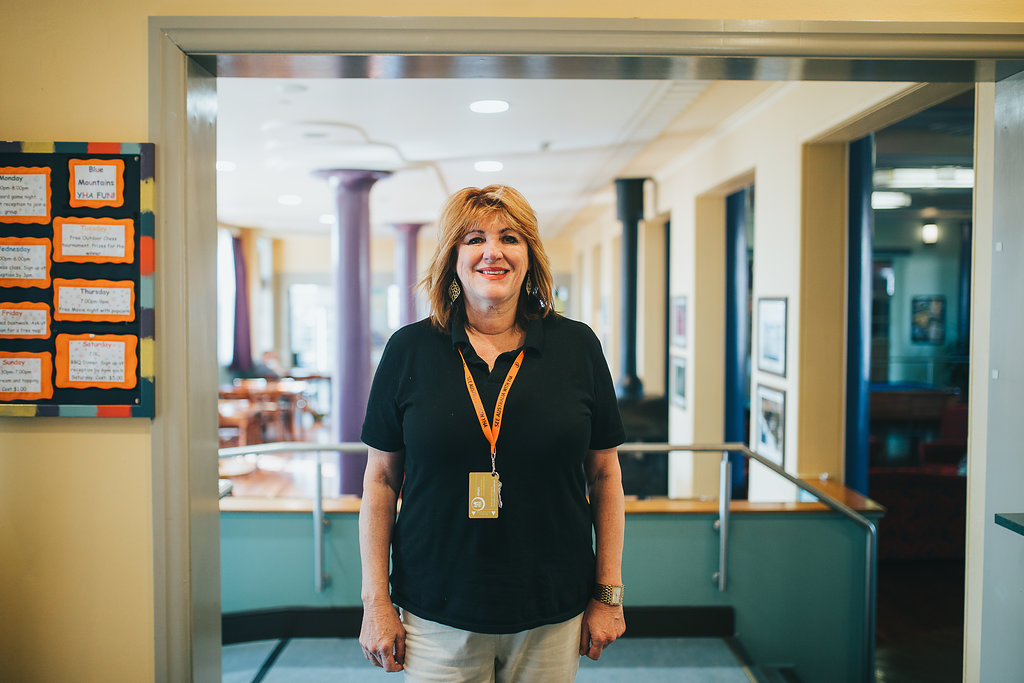Summit Gear is one of the longest established family-owned retail and manufacturing businesses in Katoomba, opening in 1981, and the first retailer to invest in a self-sustaining solar panel system. Summit Gear manufactures its own brand of backpacks, bags and other high quality products for outdoor recreation, fire fighting, medical and technical rescue and supplies a wide range of reputable brands for hiking, climbing and trekking. Robert Inshaw bought the business in 2015 because “I wanted to take on an interesting business that excited me. It was an outdoor retailer, manufacturer and independent brand name, and I felt that was something I could work with”.
Robert purchased and renovated a more spacious premises in November 2016, upgraded to a new cloud based computer system and launched an interactive website. Summit Gear has also partnered with Running Wild to sponsor competitive Blue Mountains trail run events. With developing a sustainable business as an imperative, a 52 panel, 15kW solar system was installed in July this year to provide enough power for daily operational needs. “When you think about it, our energy usage is primarily in the day when the sun is out so it makes good environmental and economic sense”, says Robert of his investment. Power consumption last winter was $3500 a quarter, and Robert forecasts a significant decrease in his energy bill next year.
Other sustainable initiatives include LED lighting throughout the premises, the recycling of cardboard and plastics, the reduction of packaging and elimination of ‘junk’ products not up to standard. In the longer term, Robert would like to see his business become carbon neutral, continue to reinvest locally and discourage a disposable economy in favour of a sustainable one. “I love the fact that Summit Gear supports local families with employment opportunities, we are committed to our loyal customer base in retail and with the Emergency Services hope to harness this local support to better compete with other companies who manufacture offshore”.
Blue Mountains YHA Katoomba caters for 200 guests and is housed in the meticulously restored Art Deco National Trust building at the lower end of Katoomba Street. Bronwen Johnston has managed the local hostel for the last 5 years and is implementing YHA’s sustainability policies, committing to reducing its impact on the environment and promoting low-impact travel.
 When YHA Katoomba became a member of the BM LCL Program, winning a silver rating, the audit identified areas where sustainable alternatives would not only further reduce the business’s carbon impact but also reduce costs considerably. Replacing showerheads with water-efficient fixtures reduces water waste. Turning off the gas heater in the basement theatre room between 12am and 4am has decreased the gas bill and timers allow for the heating of occupied floors only. Investment in an energy/water-efficient washing machine ensures in-house laundry dries 25% faster. Ecolab provides sustainable cleaning products. Lighting is 100% LED and recycling bins are available in guest rooms. The hostel promotes local transport and car-sharing as a more sustainable form of travel.
When YHA Katoomba became a member of the BM LCL Program, winning a silver rating, the audit identified areas where sustainable alternatives would not only further reduce the business’s carbon impact but also reduce costs considerably. Replacing showerheads with water-efficient fixtures reduces water waste. Turning off the gas heater in the basement theatre room between 12am and 4am has decreased the gas bill and timers allow for the heating of occupied floors only. Investment in an energy/water-efficient washing machine ensures in-house laundry dries 25% faster. Ecolab provides sustainable cleaning products. Lighting is 100% LED and recycling bins are available in guest rooms. The hostel promotes local transport and car-sharing as a more sustainable form of travel.
“We are constantly reminded of how we can improve our sustainable efforts from guests who have had experiences in other hostels, nationally and internationally”, says Bronwen. Victorian hostels Apollo Bay Eco YHA and Grampians Eco YHA are prime examples of successful sustainability. Bronwen found that managing waste had proved difficult in communal areas so more concise signage now directs waste into clearly identified bins – blue for recycling and black for landfill. An established herb garden is utilised, composting and cultivating a vegetable garden are in the planning stages. Solar-boosted heating and photovoltaic solar systems are long-term goals with assistance from the YHA’s Sustainable Hostels Fund. The intention and support is there, improvements are ongoing, and it’s just a matter of time.

